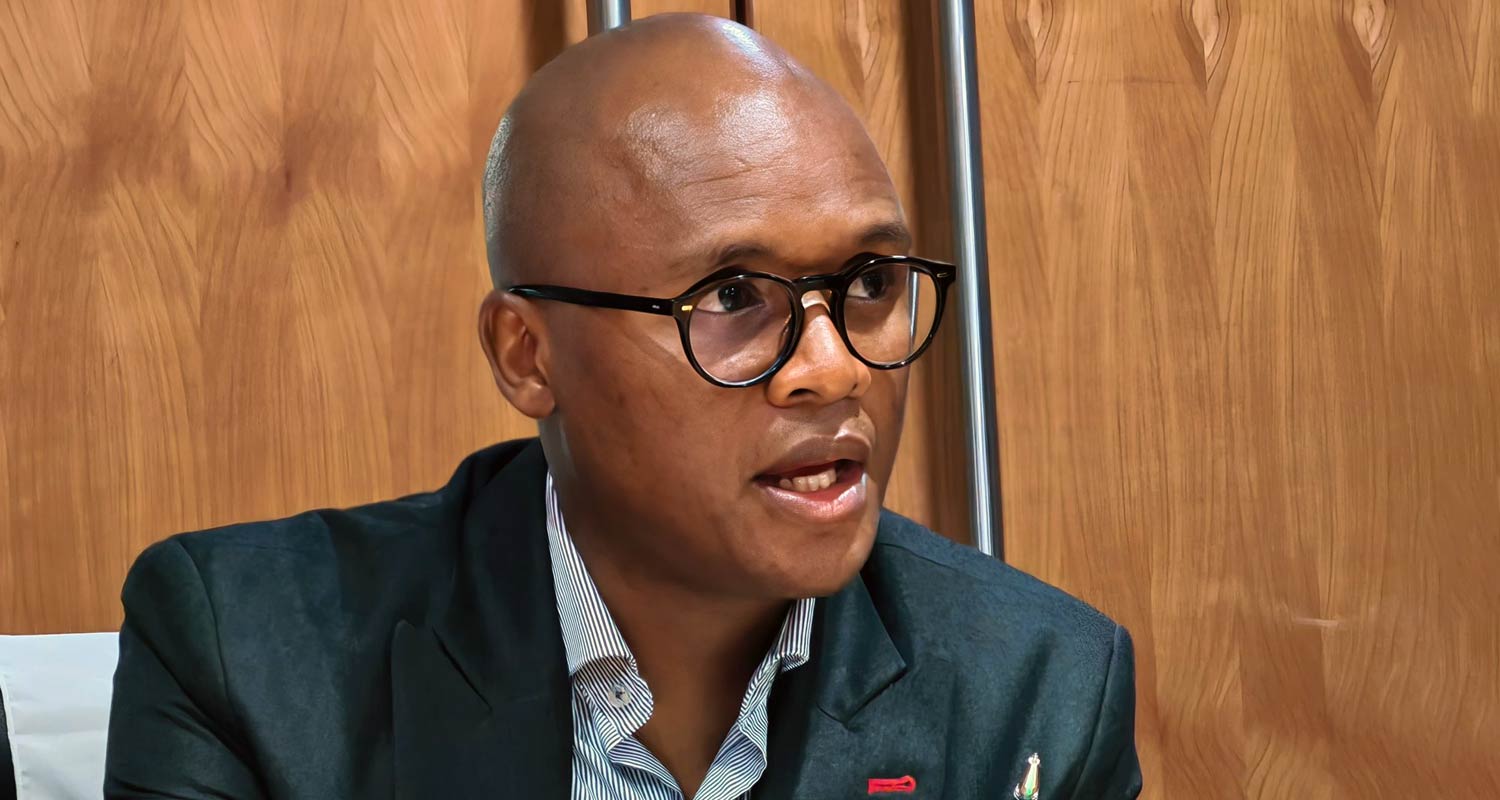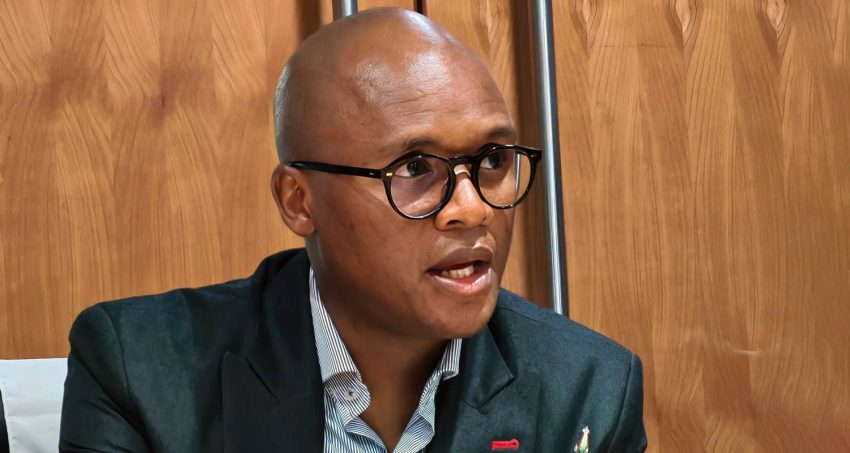
Government is prioritising a review of broad-based black economic empowerment (B-BBEE) rules on the licensing of telecoms companies, which could see companies like Elon Musk’s SpaceX no longer having to sell equity in their locally licensed businesses to operate in the country.
Communications minister Solly Malatsi in May issued a draft policy direction he intends issuing to Icasa urging the communications regulator to explore the use of equity equivalence investment programmes (EEIPs) in the sector.
According to a Bloomberg News report on Wednesday (paywall), Malatsi and his department have prioritised the finalisation of the policy direction after receiving feedback from industry stakeholders.
“We are prioritising it, you cannot sit on submissions,” Malatsi told the newswire. “Once done, and based on the sentiment, we can make a submission to Icasa to make the final decision.”
Malatsi came under fire following the issuing of the draft policy direction in May, especially from ANC MPs. The draft direction came only days after a heated White House meeting between US president Donald Trump and a South African delegation led by President Cyril Ramaphosa where Starlink was mentioned in the discussion.
The chair of parliament’s portfolio committee on communications & digital technology, Khusela Diko, questioned the timing of Malatsi’s directive, accusing the minister of favouritism and allegedly attempting to ease Starlink’s path to obtaining an operating licence in South Africa.
‘Regulatory uncertainty’
Malatsi denied these allegations, noting that EEIPs have already been used extensively in other sectors of the economy and that efforts to rationalise policy in the communications sector were many months in the making. Malatsi argued there needs to be clarity in policy to drive investment in the sector.
In the meantime, Starlink parent SpaceX has said it supports government’s efforts to drive investment and foster empowerment in South Africa’s telecoms sector, but that it does not support the 30% equity ownership requirements, preferring EEIPs instead.
“SpaceX welcomes the publication of the proposed policy direction to the Icasa on broad-based black economic empowerment,” SpaceX said in its submission document to Icasa, which TechCentral has seen.
Read: Starlink locked out: South Africa stalls while neighbours surge ahead
“Icasa’s regulations significantly differ from those in the ICT sector code, notwithstanding that a person that seeks to hold licences from Icasa and operate in the ICT sector would be bound by both instruments. This creates significant regulatory uncertainty and complexity for market participants.”
Following the department’s review of all submissions and amendments to the policy direction, Icasa – which is independent of the executive arm of government – will determine whether it will take it forward or not. If it does, changes will need to be made to the Electronic Communications Act to incorporate EEIPs.

The ICT sector codes may need to be amended as well. According to Dominic Cull, regulatory expert at communications legal advisory firm Ellipsis, the process could take at least two years to complete.
“On average, it takes a minimum of five years to develop a piece of legislation in South Africa and another three years to translate that into a regulatory framework that is enforceable and applicable,” Cull said at the Wireless Access Providers’ Association’s annual conference in June.
“Optimistically – and there is no historical precedent justifying optimism in this case – it will be another 18 months to two years before Icasa is ready with a regulatory framework on EEIPs. So, Starlink’s application, if they are still interested, will realistically come towards the end of 2027.”
The communications department’s choice to prioritise the policy direction could help speed up the reform process – but by just how much is unclear at this point. Should Icasa choose to pursue the changes, the next hurdle for the policy amendments will be adoption by parliament.
Despite previous wranglings in the government of national unity over the matter, President Ramaphosa in June voiced support of the policy direction, adding that Malatsi’s move was “very much in line with our laws”. But even if the GNU reaches a consensus on the matter, other parties such as the Economic Freedom Fighters have vowed to fight the reforms.
“This is a proposal we’ve objected to, because the so-called alignment would require an amendment to legislation, and this cannot be achieved through a ministerial policy directive,” EFF MP Sinawo Thambo told parliament in July.
Read: The satellite broadband operators taking on Starlink
“In our view, this is all in service of allowing Starlink to operate in South Africa, and we must be clear that we will never allow Starlink, which has weaponised misinformation and captured the White House, to erode US and South African diplomatic relations in order to ease business access in South Africa.” — © 2025 NewsCentral Media
Get breaking news from TechCentral on WhatsApp. Sign up here.

